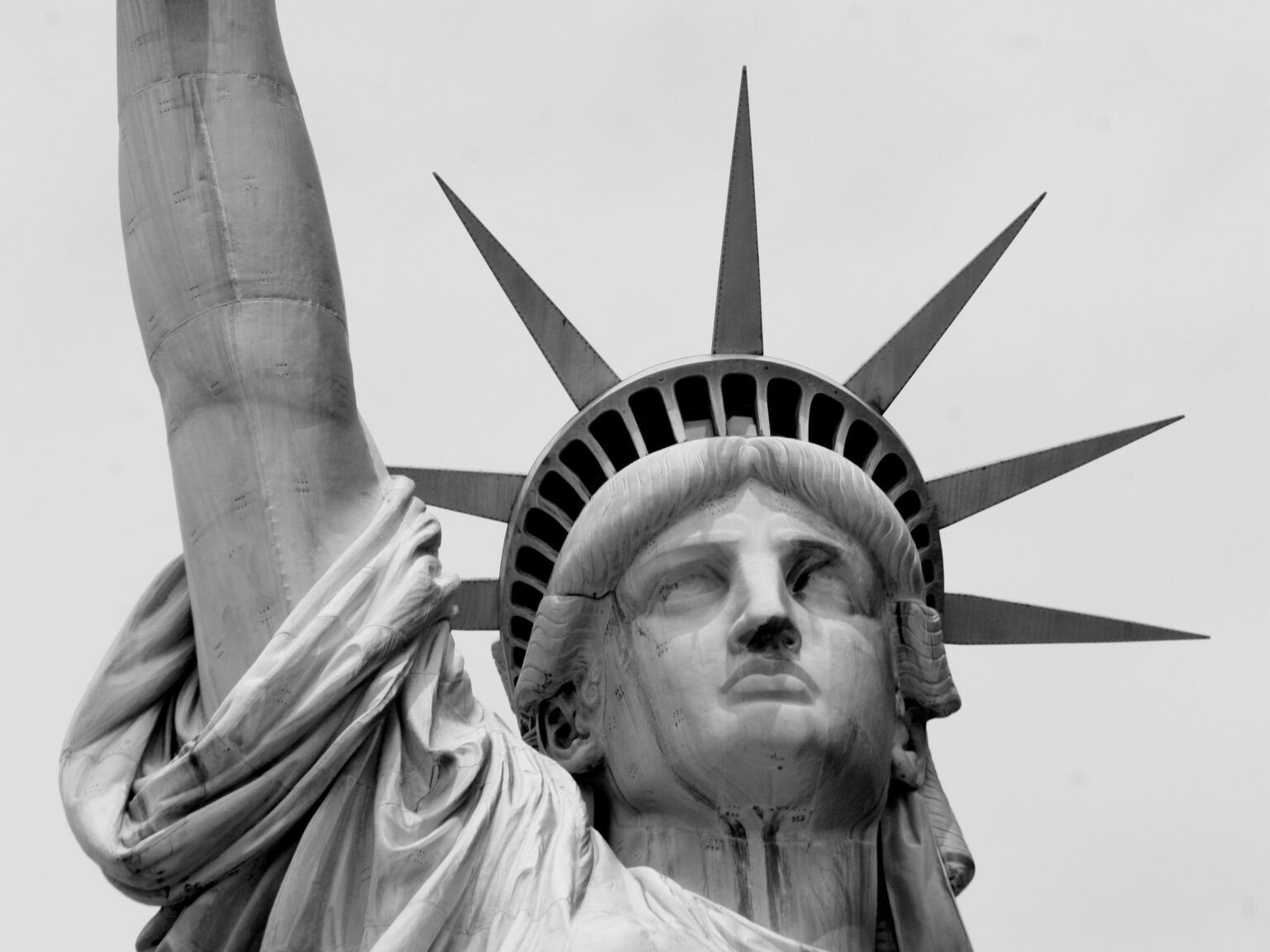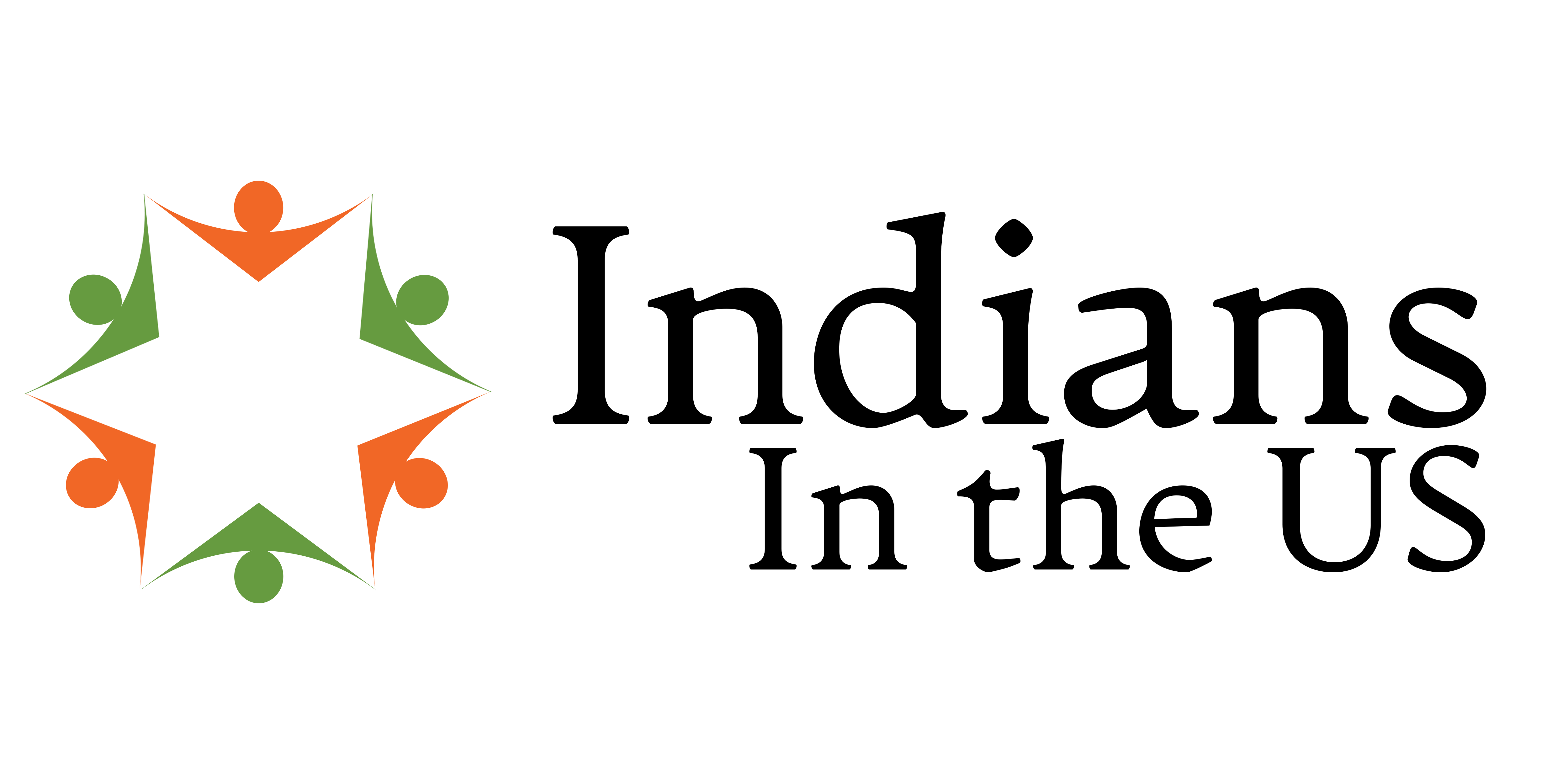In a bid to curb fraud and exploitation, the United States has witnessed a significant decline in applications for skilled-worker visa lotteries. Recent data reveals a remarkable 40% drop in submissions this year, marking a substantial success in efforts to maintain the integrity of the system.
The implementation of stringent measures aimed at combating fraud and abuse has been credited for this decline. Authorities highlight this development as a crucial step in ensuring fairness and transparency in the allocation of H-1B visas, a program highly sought after by skilled professionals worldwide.
The United States Citizenship and Immigration Services (USCIS) recently conducted random selections for H-1B cap petitions for Fiscal Year 2025. Notifications are now being dispatched to applicants through their myUSCIS accounts, signaling the commencement of the distribution process.
According to a report by the Associated Press (AP), the government announced a substantial decrease in entries for this year’s H-1B visa lottery. The final week of March saw only 470,342 entries, a stark 38% decline from the previous year’s total of 758,994.
Despite this drop in lottery bids, the number of individuals applying to work in the U.S. remained relatively steady. Approximately 442,000 applicants vied for opportunities this year, compared to 446,000 in the previous year. This stability suggests that the decrease in entries primarily reflects fewer attempts to gain an unfair advantage rather than a decline in genuine interest in working in the U.S.
The USCIS noted that the decrease in entries indicates a reduction in efforts to exploit the system compared to previous years. This observation aligns with the agency’s efforts to address concerns raised by companies regarding the surge in applications, which often resulted in minimal chances of success for both current and prospective employees.
Earlier this year, U.S. immigration officials introduced new rules aimed at combating potential fraud. One notable change was the limitation of each worker to a single visa application, irrespective of the number of job offers received. This move came in response to the discovery that over 400,000 registrations filed the previous year were duplicates, highlighting the need for stricter oversight.
The transition from traditional paperwork to a streamlined online registration process, coupled with a nominal $10 registration fee, had previously led to a surge in applications from 2021 to 2023. However, this transition also posed challenges, as it allowed applicants to easily apply for multiple job roles, overwhelming both the industry and government agencies responsible for processing these applications.
In recent years, Indian technology workers have dominated the allocation of H-1B visas, securing nearly 70% of all available slots. This demographic’s prominence underscores the significance of the H-1B visa program for skilled professionals globally and emphasizes the impact of regulatory changes on different demographic groups within the applicant pool.
Overall, the drop in H-1B visa lottery bids in the U.S. reflects the effectiveness of stricter measures in deterring fraud and abuse. As the distribution process unfolds, it is expected that legitimate applicants will have a fairer chance of securing these coveted visas, fostering a more equitable immigration system that benefits both skilled workers and the U.S. economy alike.





